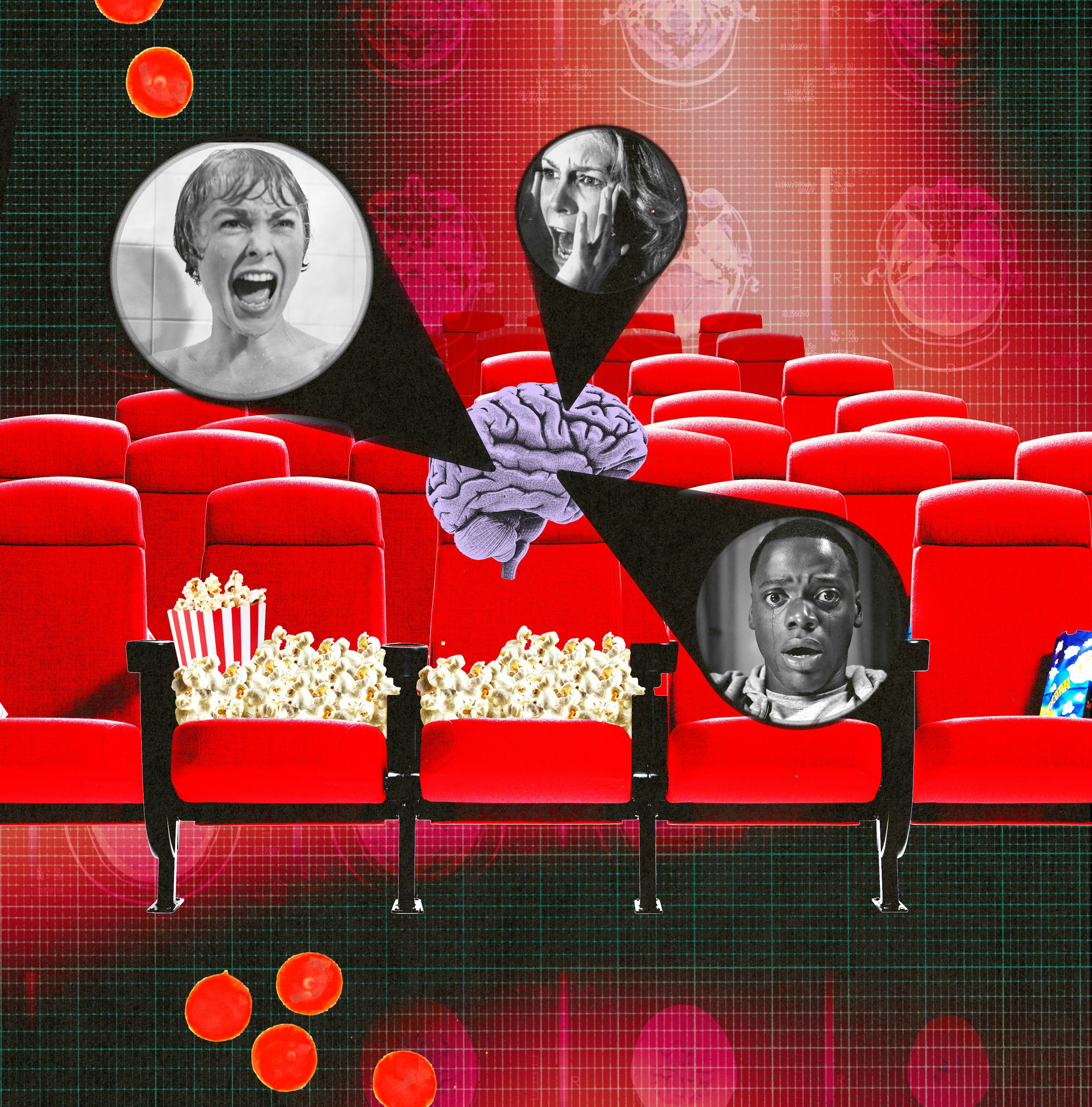
I once had a panic attack in central London.
Not the best place to feel like your heart is pounding out of your chest and your vision is narrowing as the stress of work, relationships, and the early signs of a migraine start to overwhelm you all at once. But even though it was busy, crowded, and loud, there was one big benefit to feeling a surge of panic in a city: I was steps away from a movie theater.
After I’d calmed my breathing and felt a little less dizzy, I instinctively made my way to the nearest cinema and bought one ticket for Jordan Peele’s Get Out. The trailers had already started, so I crept into the darkened theater, nestled into my seat, and prepared to feel scared and then soothed. It might seem weird, but for as long as I can remember, I’ve used scary movies as a way to de-stress.
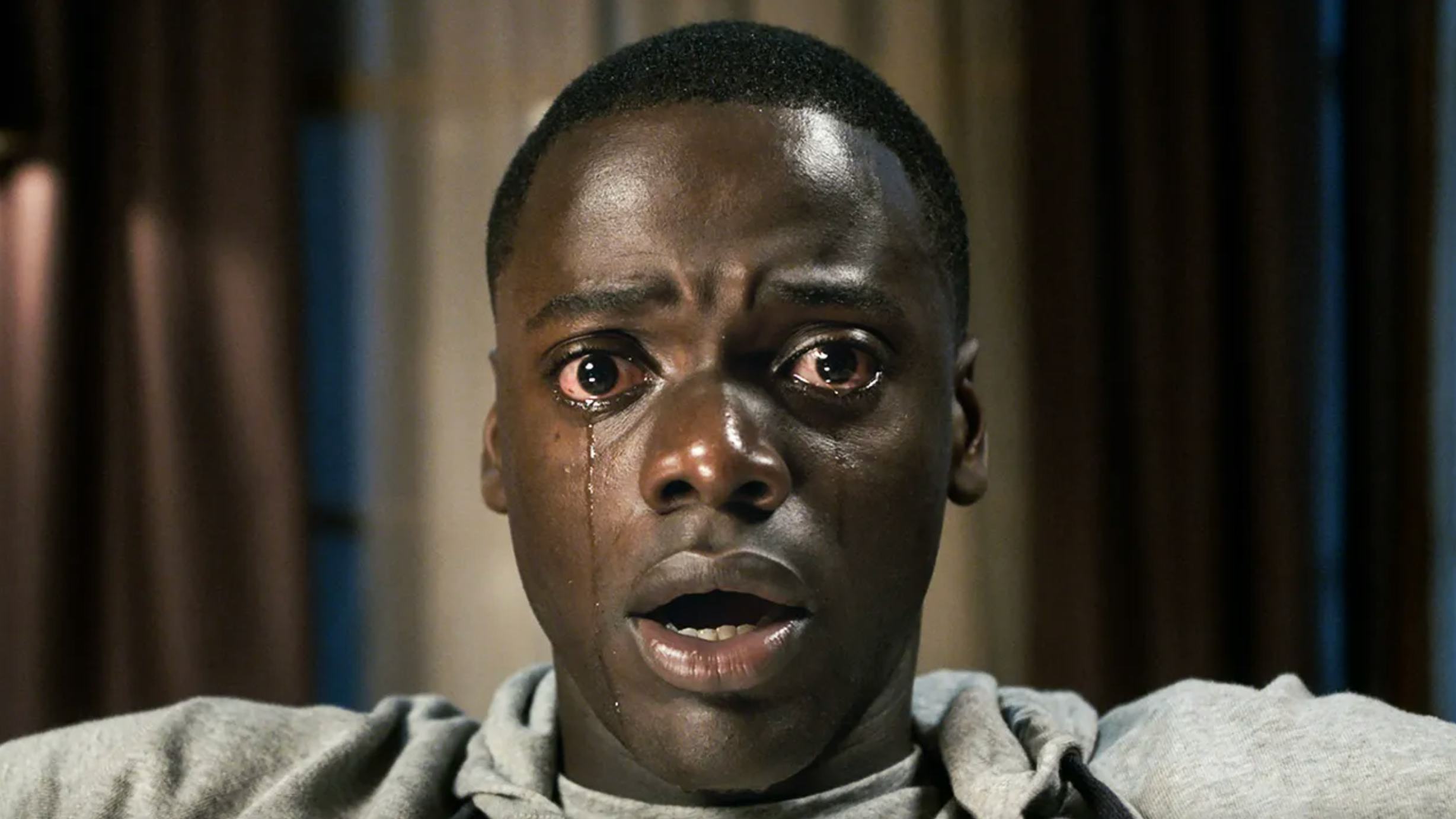
I’ve never quite understood why watching horror movies works so effectively at reducing my stress levels. Research is sparse, but psychologists have theorized that horror movies might be a safe distraction from real-world problems or a way to transfer anxiety to another source.
Some researchers also believe horror fans get all sorts of benefits from their favorite films and that feeling engrossed in a scary movie isn’t just a way of dealing with stress, but could be genuinely enjoyable — especially when you’re in a packed movie theater with people you know. There’s even a scientific concept to describe this phenomenon.
“‘Recreational fear’ is a term we’ve found useful for describing activities and behaviors that are about deriving pleasure and benefits from being scared,” Mathias Clasen tells Inverse.
“Being with close friends could make horror more intense.”
Clasen and his colleague Marc Malmdorf Andersen are associate professors, researchers, and directors of the Recreational Fear Lab at Aarhus University in Denmark.
Once you’re aware of recreational fear, Clasen says you’ll see it everywhere, from horror movies and true crime podcasts to extreme sports and even playing peekaboo with babies. But watching horror movies isn’t just fun. Studies show that scaring yourself can help build resilience and prepare you for real-life challenges — as long as you do it right.
Born to be scared
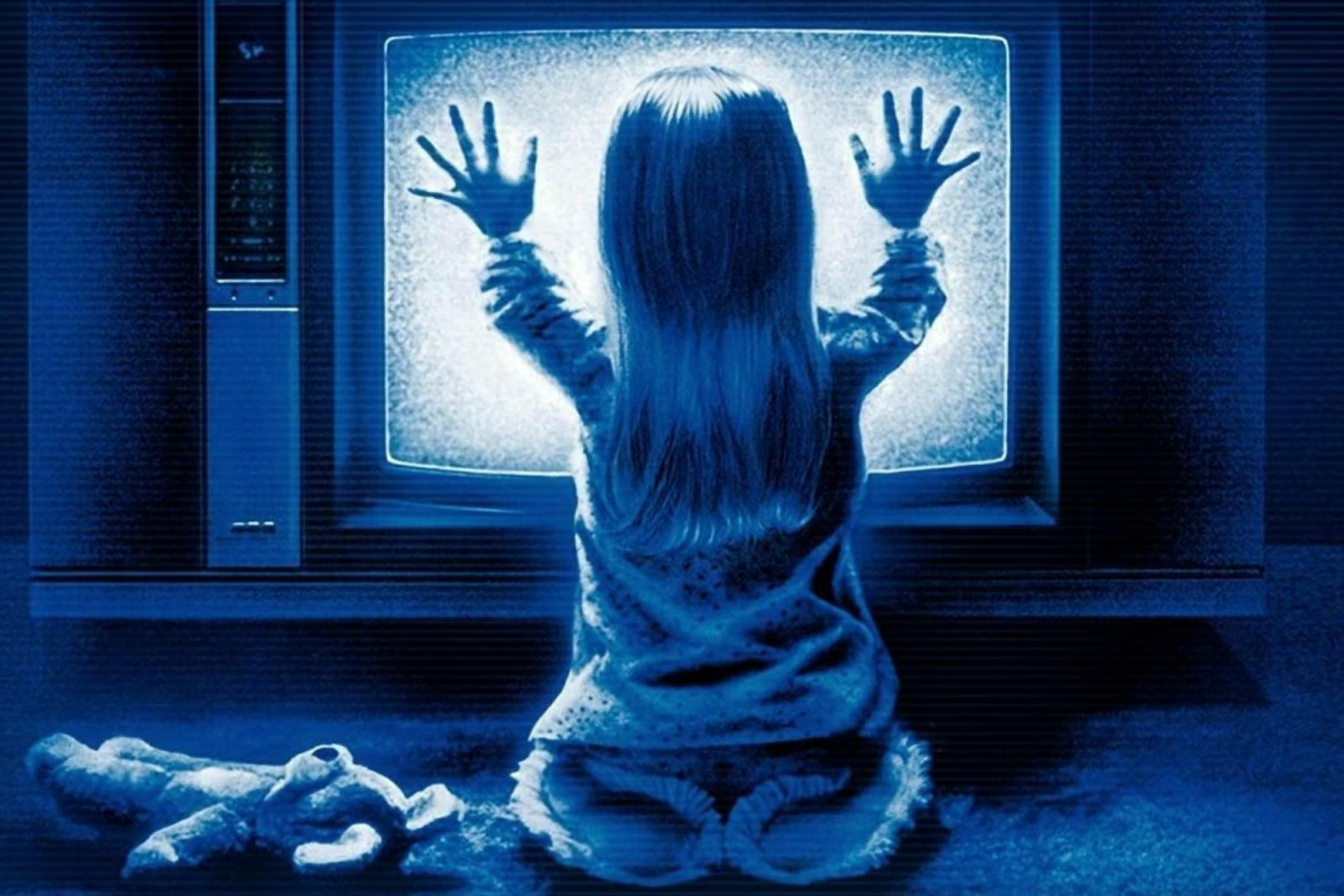
Humans actually seek out fear long before we’re old enough to buy a horror movie ticket. If you are close to a kid under 5, you’ve undoubtedly been asked to play “monster” with them. The reason for this, say child development experts, is that they feel safe with you and want to, in a sense, use you to expand their risk boundaries.
You’re bigger than them, you could definitely crush them, but they want you to roar and chase them around and trick them into thinking that, well, you’re really a monster. But only for a second.
In other words, recreational fear is something that we use from the very earliest days to grow. To test our boundaries. To understand what is actually scary in the world and what we can control so the next time you get lost in a crowded playground or the supermarket for a minute, you’re a little less scared.
Like children, we all grow to have a different level of fear, a different kind of fear.
The social side of scares
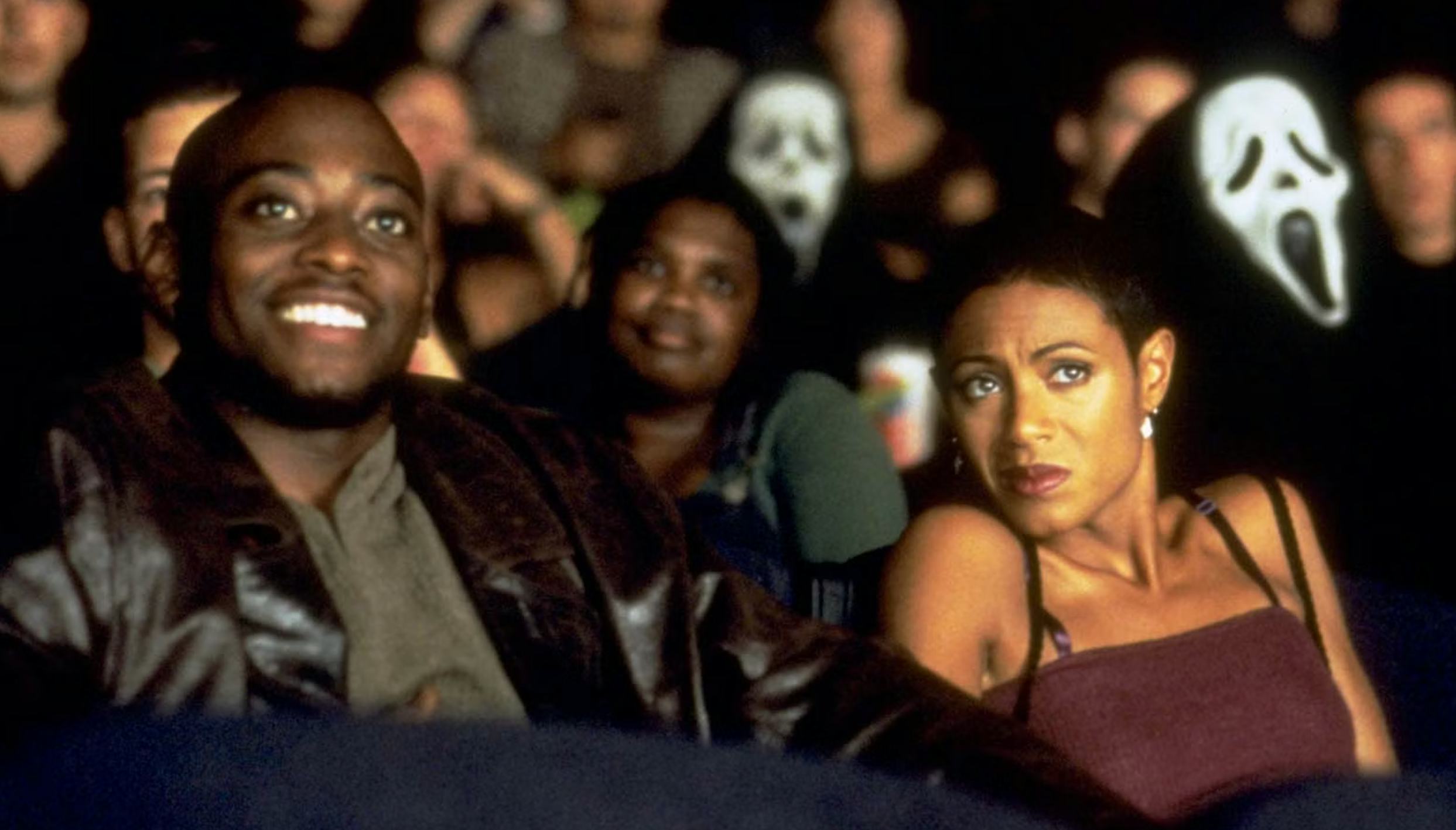
Recreational fear might be everywhere, but there’s nothing quite like letting some movie scare the bejesus out of you as you sit in the dark with 100 other horror fans.
“The social element seems to be crucial,” Clasen says.
To explain why, the Recreational Fear Lab points to findings from a recent study that’s yet to be peer-reviewed. In this experiment, they asked people in small groups of four or five to wear heart rate monitors in a haunted house attraction. They were asked how emotionally close they were to others in the group, and the results revealed something interesting: If the group was made up of close friends, heart rates synced up and the level of fear increased.
“Being with close friends could make horror more intense,” Andersen says. And the closer the bond, the more intense the fear.
The same findings could apply to seeing a scary movie. The more people you see it with, the scarier it can feel — especially if you bring a few friends with you.
What’s your fear type?
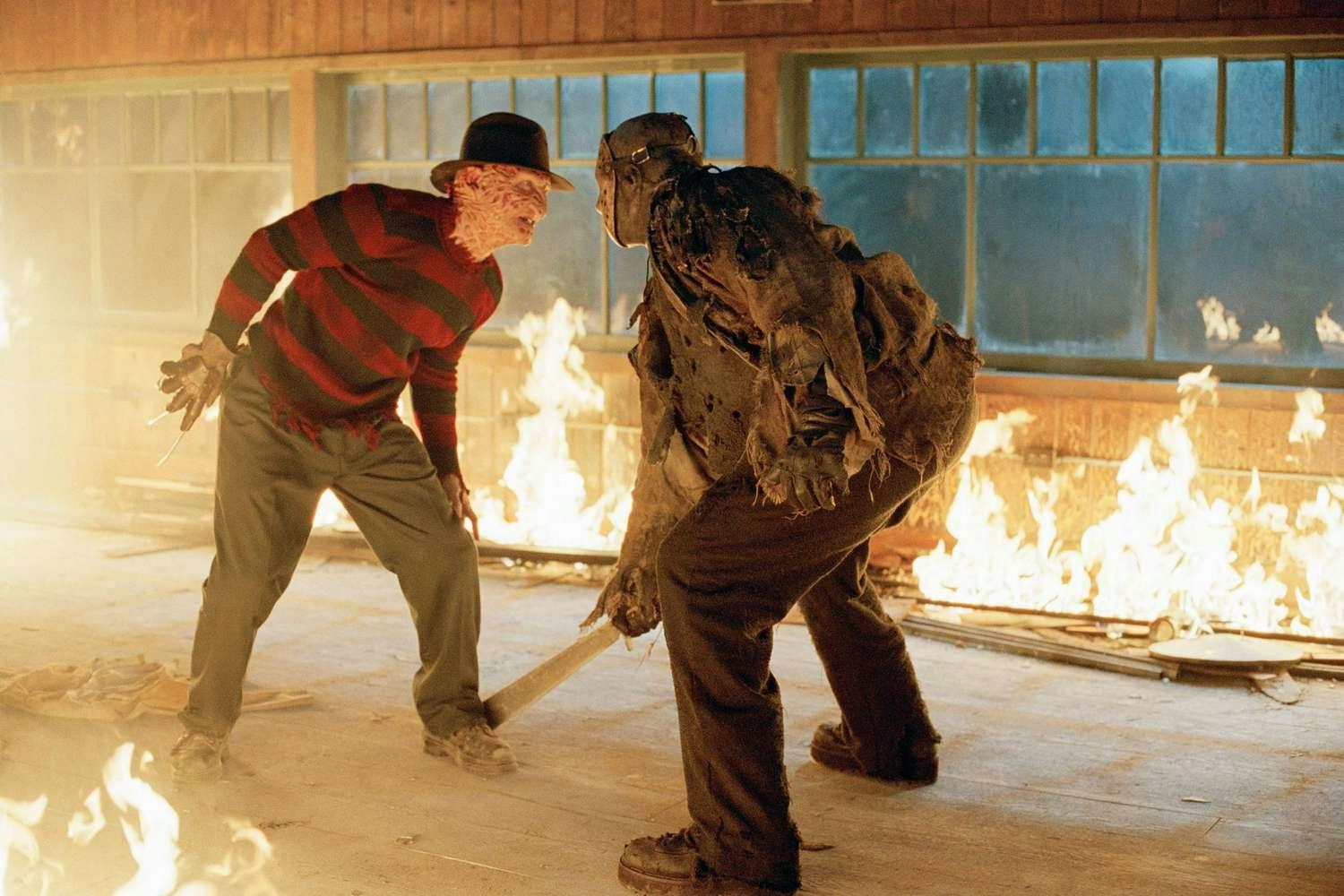
Everyone has a different relationship to fear. Andersen likens your enjoyment and the chance you’ll benefit from fear to eating chili peppers.
“It may depend on how much you’ve been exposed to it and how much tolerance you’ve built up during your life,” he says. And even when someone says they don’t like horror films, they could still be experiencing recreational fear from thrillers or true crime podcasts.
To better understand the different kinds of horror fans, researchers from the team at Aarhus University conducted a study with 256 horror fans. They were quizzed about whether they liked horror and then asked the extent to which they agreed with 40 other statements about horror movies, like, “I love the adrenaline rush I get from watching horror movies.” This helped the team identify three different types of horror fans: adrenaline junkies, white knucklers, and dark copers.
Dark copers “seem to take horror to an existential level.”
But to test the findings, a second study was carried out with 258 participants after they’d come out of a haunted house. They were asked how they felt and what they thought they might have gained from the experience, if anything. Again, the same three types of horror fans emerged.
“Adrenaline junkies really enjoy the feeling of fear,” Andersen says. They seek out horror movies and fearful situations and get a mood boost.
In comparison, white knucklers don’t enjoy fear, but still seek out horror movies. They don’t report a mood boost from watching movies the same way that the adrenaline junkies do. But they do say they grow as people and learn about themselves through the experience.
Finally, dark copers enjoy fear, but the benefits are different. “They seem to take horror to an existential level,” Andersen says. “They use it to reflect on their own life and the world. They both enjoy themselves and report that they gain personal growth from watching horror.”
From scared to prepared
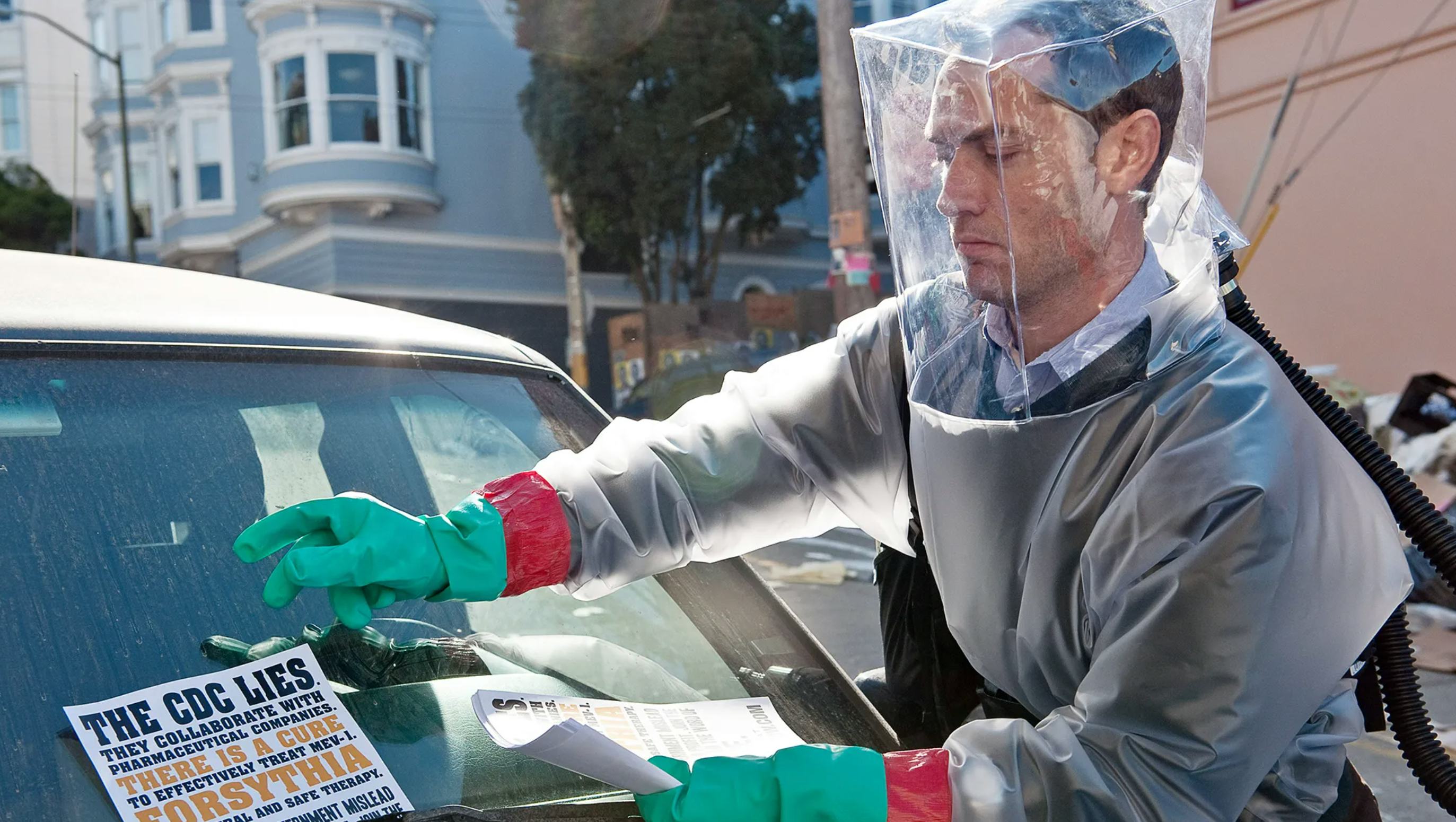
Beyond understanding your “fear type,” the universal reason we enjoy scary movies may go even deeper. Like a chess master who practices every day for an upcoming tournament, Clasen believes humans seek out horror because it makes us feel prepared for real-world scenarios.
“Chess masters spend time studying famous instances of chess games as a way to build a mental database of different possible moves,” he says. Scary movies might be the same, but for our worst fears.
During the Covid-19 pandemic, the movie Contagion (Steven Soderbergh’s geopolitical thriller about an airborne respiratory disease) exploded in popularity.
“Scary movies aren't just an escape, but can also be models of reality,” Clasen says. “Yes, they often have unrealistic elements, like zombies or monsters, but usually with an element of psychological realism. We put ourselves in the shoes of characters who go through these worst-case scenarios. This can internalize the experience and it feels sort of like we've lived through it.”
“We wanted to see if people who watched scary movies had better mental resilience against the stresses of the pandemic.”
This isn’t just wishful thinking. The Recreational Fear Lab also found that people who watch horror movies may be better prepared when the worst-case scenario does happen.
In a study conducted in April 2020 and published in 2021, researchers asked 314 participants a series of questions about their interest in horror movies.
“We wanted to see if people who watched scary movies had better mental resilience against the stresses of the pandemic,” Clasen says. “Especially those who watched a lot of ‘prepper’ movies about the end of the world, like alien invasions, disasters, and the apocalypse.”
After defining their movie interests, the participants were assessed on a psychological resilience scale and a preparedness scale: a series of questions about how they were coping with the pandemic and how prepared they felt for it to act as a gauge of their overall state in relation to Covid-19. The findings suggested that fans of horror films did exhibit fewer signs of psychological stress and more psychological resilience during Covid-19 — possible proof that horror movies might help us better cope when real problems hit.
This could also explain why so many women enjoy true crime podcasts, because it’s often young women who are the victims in the crimes. By learning more about them, they might gain a feeling of preparedness.
But before you go and watch the scariest movie you can find, know that the benefits of horror have their limit.
The joy of fear
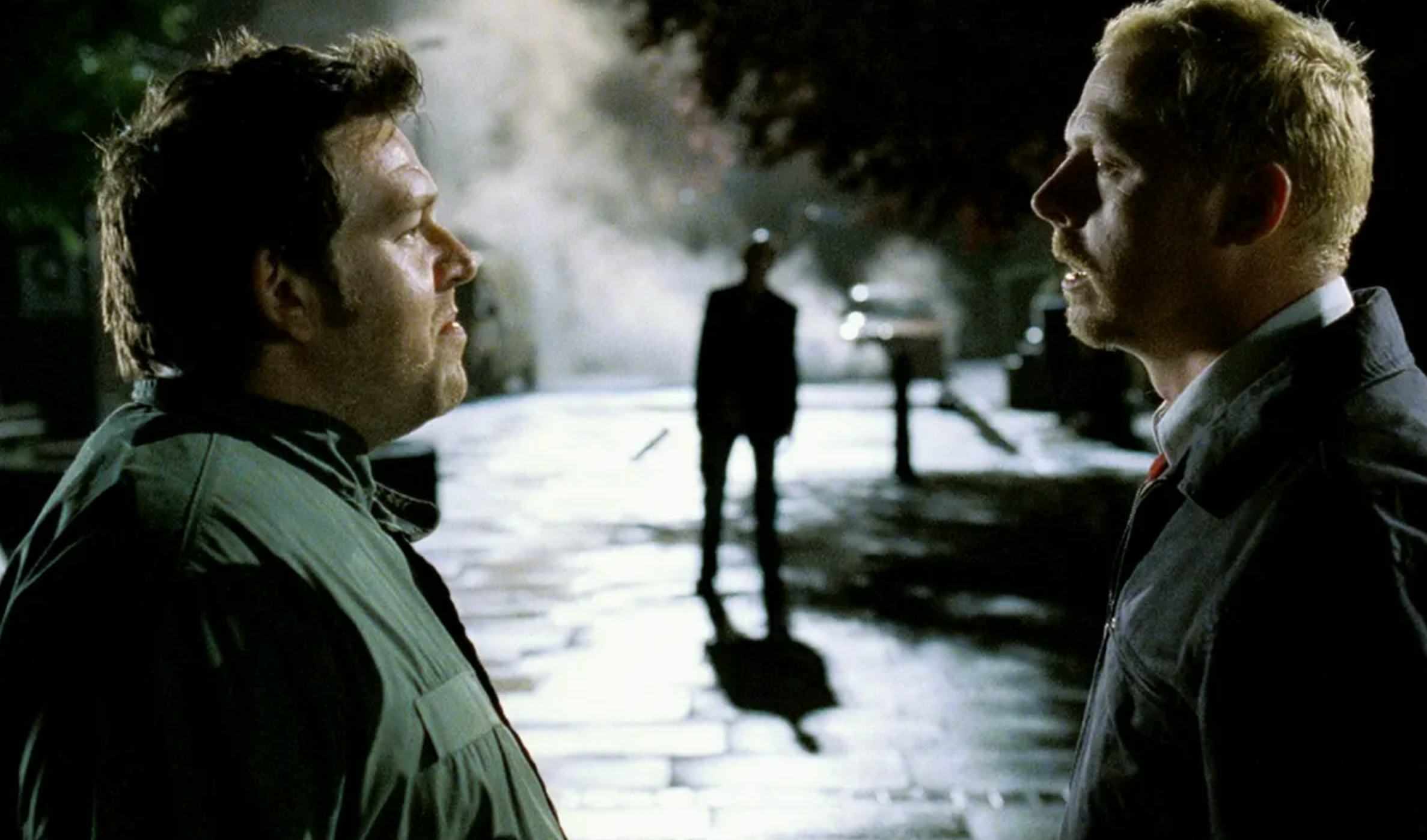
I’ve always felt there was something a bit counterintuitive or weird about the fact I seek out horror and fear when I’m in a state that seems so related.
But when I stepped out of the movie theater after seeing Get Out, the intense and visceral feeling of fear and panic the horrifying story had intensified was replaced by one of exhilaration and even some enjoyment — it had an almost anesthetizing effect.
When I explain my experience to Clasen, he says that fear researchers often refer to fearful experiences like scary movies as a vaccine. “You get a shot of the bad stuff, the fear,” he says. “And that lets you build up tolerance and the ability to handle bad stuff.”
Anyone watching me that day, as I stumbled from a London street into a nearby cinema, may have assumed I was just trying to continue the feeling of panic; or maybe embrace the escapism of the movie theater.
But by immersing ourselves in horrifying stories — or playing “monster” with your parents as a child — by really feeling the fear, we might be doing the opposite: building more resilience and learning how to better cope with those telltale signs of stress, panic, and fear in our day-to-day lives.







